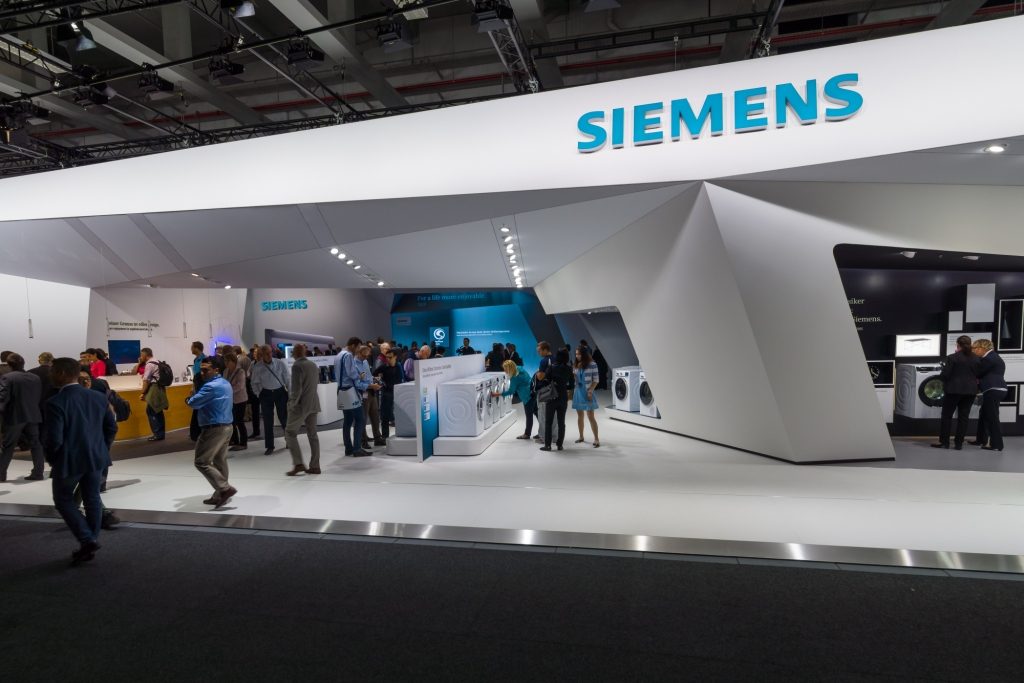German industrial giant Siemens Wednesday reported slumping profits in its first quarter, although order books were well filled ahead of a planned merger of its rail division with France’s Alstom.
The group booked a net profit of 1.1 billion euros ($1.25 billion) between October and December, a fall of 49 percent year-on-year.
Much of the drop reflected the comparison with the year-earlier period which saw one-off windfalls from Siemens selling shares in former lighting subsidiary Osram and from tax cuts in the United States.
Meanwhile chief executive Joe Kaeser used an early morning press conference to repeat criticism of the European Commission, which has strong reservations about the planned Siemens-Alstom rail deal.
“It will be interesting to see if the future of mobility will be determined by backward-looking technocrats or by future-oriented Europeans,” Kaeser said.
Company bosses say the tie-up is needed to face up to new global competition from Chinese rail behemoth CRRC, but EU officials believe a combined group could be too dominant in the European market.
Ahead of the merger decision expected next month, orders grew at Siemens’ Mobility division, including a 1.6-billion-euro contract to supply new trains for the London Underground.
Profits at the unit were steady at 236 million euros, following a strong July to September quarter.
In other Siemens divisions the picture was less rosy, as underlying profit across the group fell six percent, to 2.0 billion euros, on the back of revenues steady at 20.1 billion.
“There is still much to do before we achieve industry-leading margins in all our businesses,” said Kaeser.
Siemens’ troubled energy division continued to “disappoint”, he said, even after a massive restructuring last year in which it shed 7,000 jobs.
The Power and Gas unit booked revenues down nine percent year-on-year and halved its operating profit to 119 million euros.
Kaeser, freshly returned from the World Economic Forum in Davos, highlighted international uncertainty potentially weighing on Siemens in 2019.
But the group is still forecasting “moderate growth” in revenue in its 2018-19 financial year to September, after currency effects and changes to its structure following the mooted Alstom rail merger are excluded.
AFP
